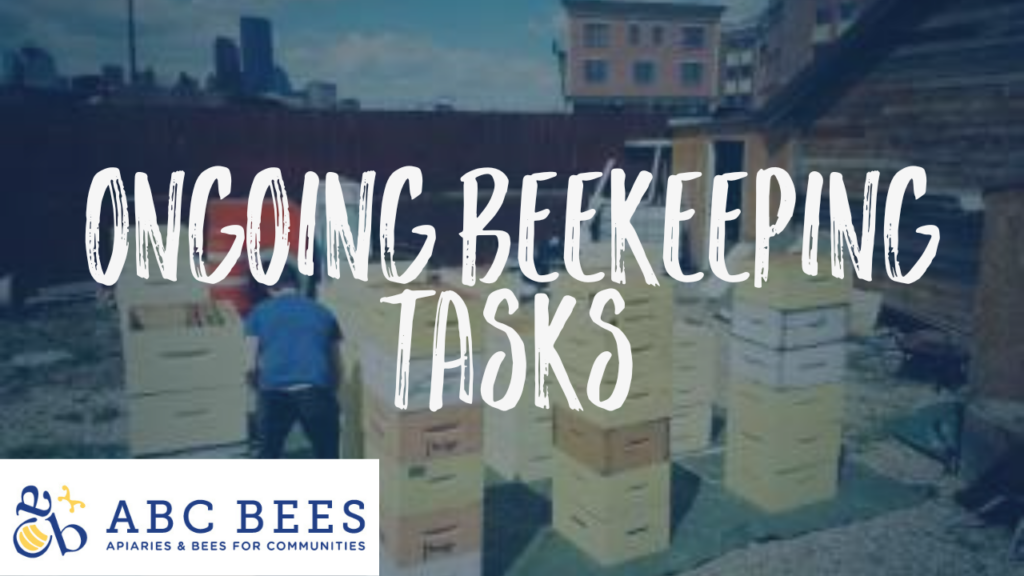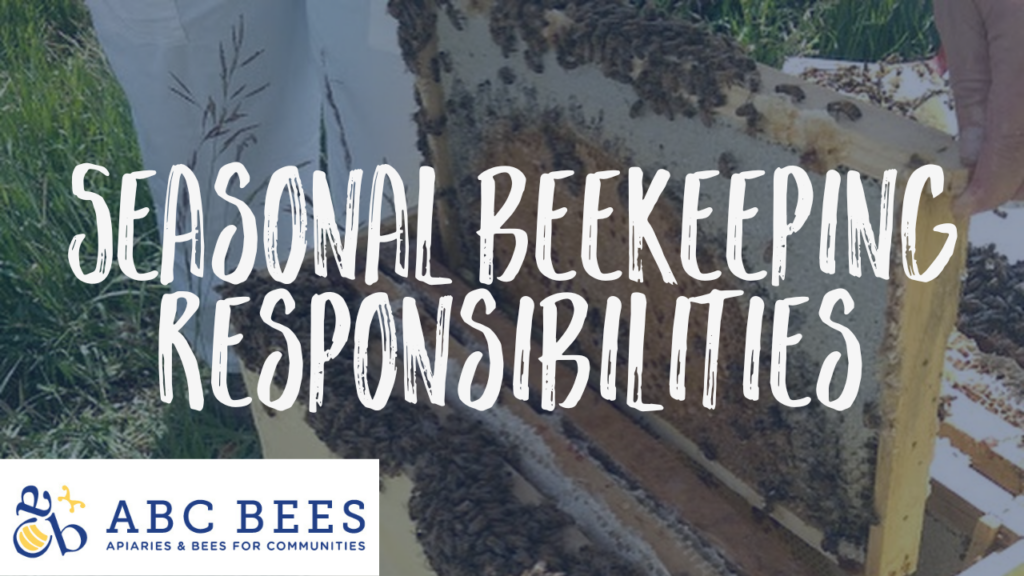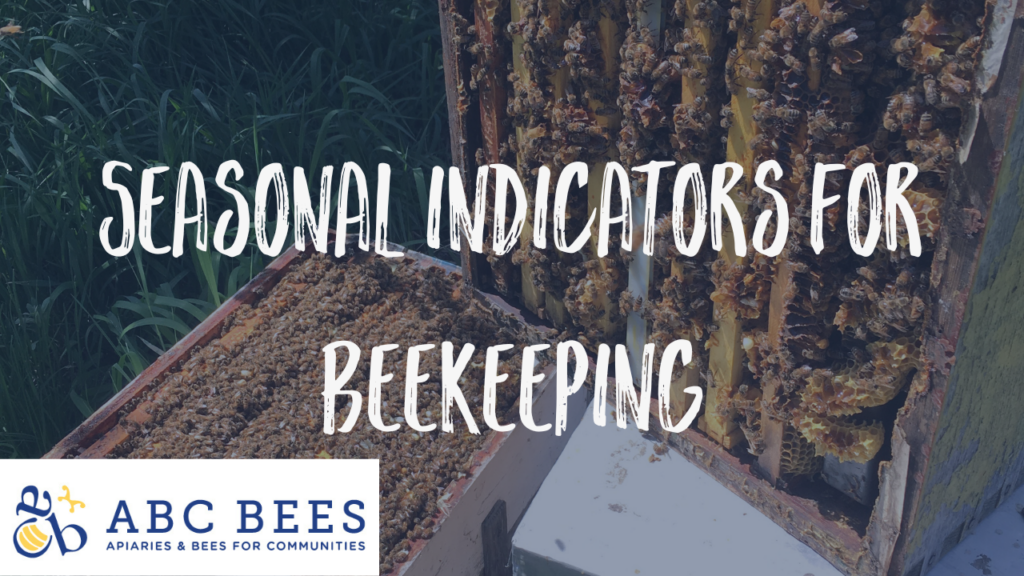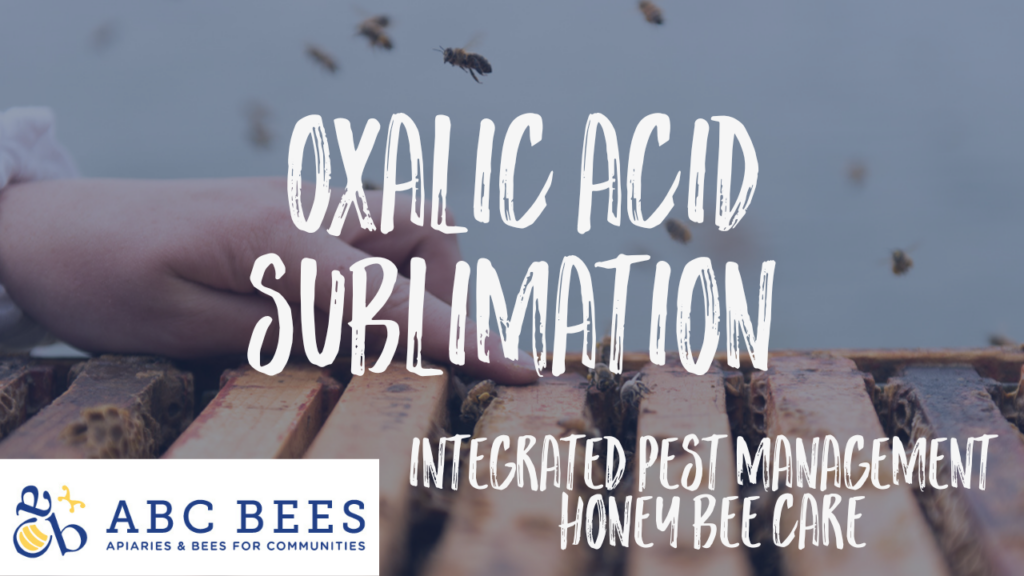Sampling for Nosema

Outcomes Learners will recognize the procedure for conducting a Nosema field test in a bee colony. Key Takeaways Nosema, a subtle fungal parasite, can affect bee colonies’ health without obvious signs. Sampling helps uncover its presence, enabling informed actions to protect bee vitality. Sampling for Nosema is an accessible process involving collecting bees, […]
Ongoing Beekeeping Tasks

Outcomes Learners will have a comprehensive understanding of the year-round tasks necessary for successful beekeeping. Key Takeaways Beekeeping involves managing hives for honey production and immersing in the intricacies of nature. Successful year-round beekeeping requires adapting tasks to changing seasons. Seasonal preparation includes stocking up on feed, equipment, and medications. Regular hive inspections […]
Seasonal Beekeeping Tasks

Outcomes Learners will have a clear understanding of the essential seasonal tasks necessary for effective beekeeping. https://youtu.be/Hhi7KiXztBU Beekeeping is a fascinating and rewarding hobby or profession, but it’s not a set-it-and-forget-it endeavor. To successfully manage your apiary, you need to follow a set of essential seasonal tasks that cater to the needs of your […]
Seasonal Indicators for Beekeeping

Outcomes Learners will be able to identify key seasonal indicators in beekeeping, including flow, temperature, and climate. Key Takeaways Flow signifies the period when nature provides abundant food for bees; it varies by region and year. Recognizing local flora indicators of flow helps plan hive activities. Temperature plays a crucial role, affecting tasks […]
Oxalic Acid Sublimation

Outcomes Learners will gain the knowledge and skills to safely and effectively apply oxalic acid sublimation for varroa mite control in beekeeping. Key Takeaways Effective Varroa Mite Control: Discover how the innovative use of an oxalic acid sublimator wand provides a powerful method for addressing varroa mite infestations in beehives. Learn how this […]
